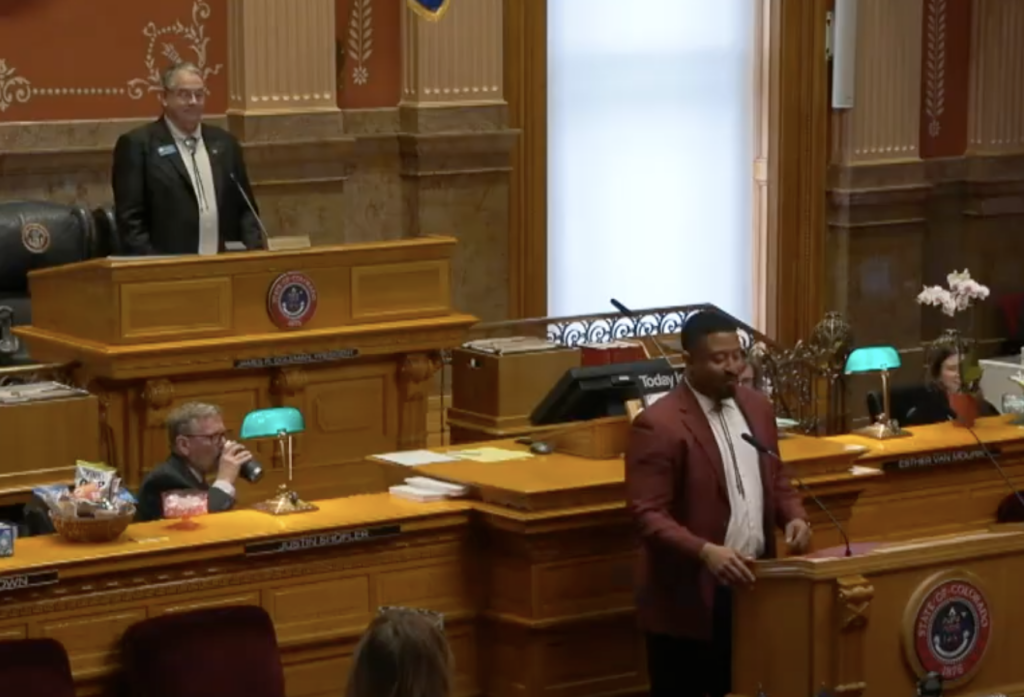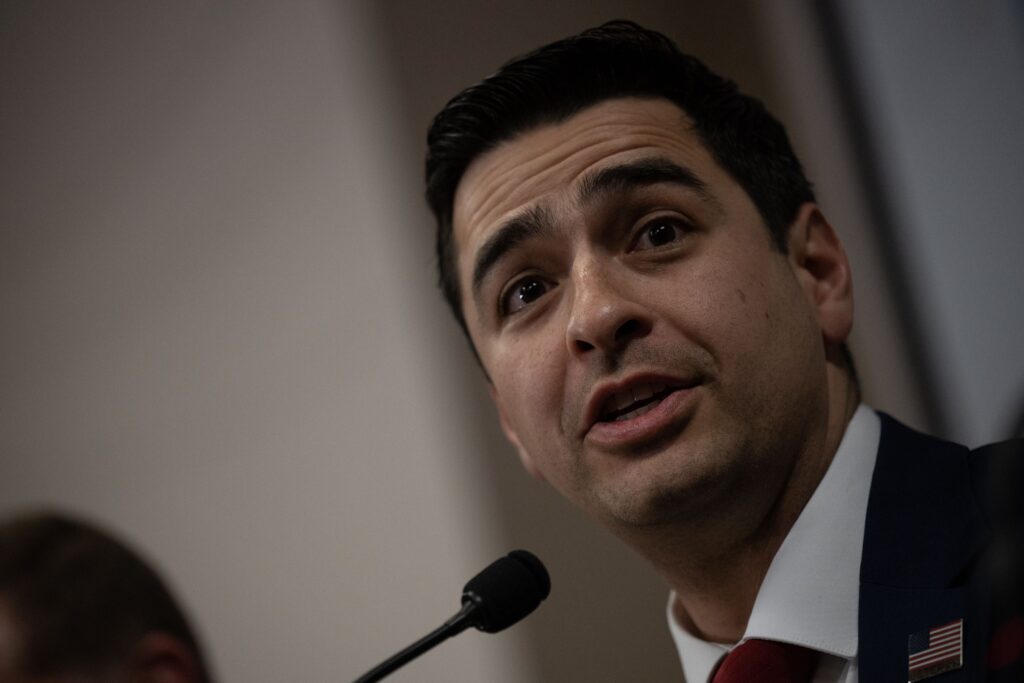Profiteering of off-the-rails rail companies endanger us all | PODIUM



Currently the safety of our communities, workers and ecosystems are literally being derailed by railroad companies’ dangerous practices that put profit ahead of people. For too long, states and the federal government have overlooked critical safety standards that could protect communities from harm.
Meanwhile, railroad companies are amassing record profits, pointing fingers elsewhere when derailments occur, and threatening workers with pay cuts when they ask for higher safety standards. It’s time for Colorado to pass common sense legislation to keep trains on track and ensure the rail sector yields benefits to all Coloradans.
That’s why state Reps. Javier Mabrey (D-1) and Tisha Mauro (D-46) and state Sens. Lisa Cutter (D-20) and Tony Exum (D-11) are sponsoring HB24-1030: Railroad Safety Requirements. The proposed legislation would help prevent derailments by reducing train length; increasing detectors along railroads to catch potential incidents before they happen; reducing the amount of time trains are allowed to block road crossings; and decreasing greenhouse gas emissions by making freight rail and passenger rail more viable – including the proposed Front Range Passenger Rail.
Stay up to speed: Sign up for daily opinion in your inbox Monday-Friday
In 2023, the state of Colorado reported 39 train accidents and 28 derailments, including a fatal derailment near Pueblo in October. Rail is a vital mode of transportation, and accidents like these could be prevented if the rail industry were held to certain common-sense safety standards.
Derailments can be caused by a variety of factors, including broken and cracked rails or equipment failure, like wheels or brakes, all of which can be worsened by extra-long trains. For example, the train that went off the rails in East Palestine, Ohio was almost two miles long. That isn’t unique. Rail companies operating in Colorado regularly run trains that are of this length and are looking to make them longer. Extremely long trains lead to issues, such as difficulty navigating Colorado’s mountain terrain; maintaining crew communication (many handheld radios have a shorter transmission range); and adequately monitoring all the cars.
To be perfectly clear, workers aren’t to blame here. Train and railway workers can take all the appropriate safety measures and accidents will still happen if the train has defective parts, car defects and other system failures caused by extreme stresses due to very long trains.
Rail is considered the best way to transport hazardous materials, but the increased threat of derailment is putting this reputation at risk. We need rail to operate safely and efficiently – for the safety of Coloradans and railway workers, and to protect our environment. The Colorado General Assembly has the authority to, and should do everything it can to prevent future rail disasters. By passing HB24-1030, our state can take a crucial first step toward greater rail safety, though additional rail safety measures will be needed to fully ensure every train passing through our communities is as safe as possible. These measures can improve public safety, protect our environment and help our communities thrive by supporting workers in a critical industry for our state.
We urge the Colorado General Assembly to pass HB24-1030 and ensure railroad corporations don’t keep passing the buck on rail safety.
Carl Smith is the Colorado state legislative director for Sheet Metal Air Rail and Transportation Union, Transportation Division (SMART-TD) and Sam Gilchrist is a senior director at the Natural Resources Defense Council (NRDC). Smith and Gilchrist are both members of the Colorado BlueGreen Alliance coalition.











